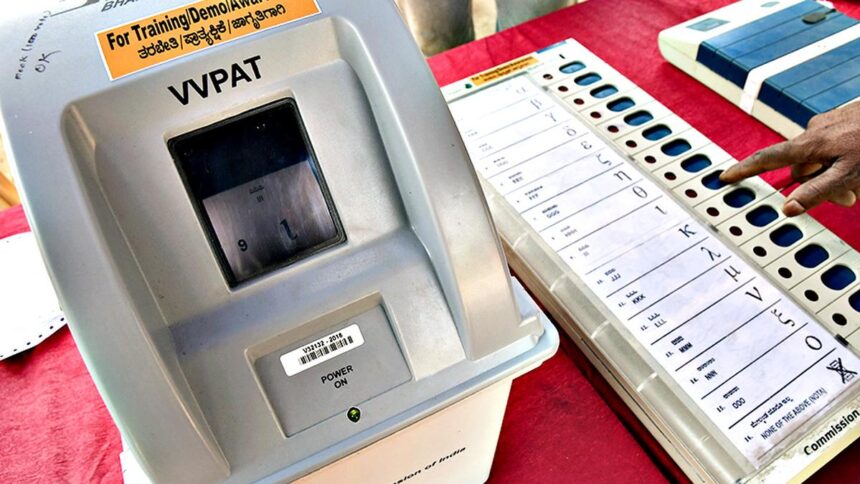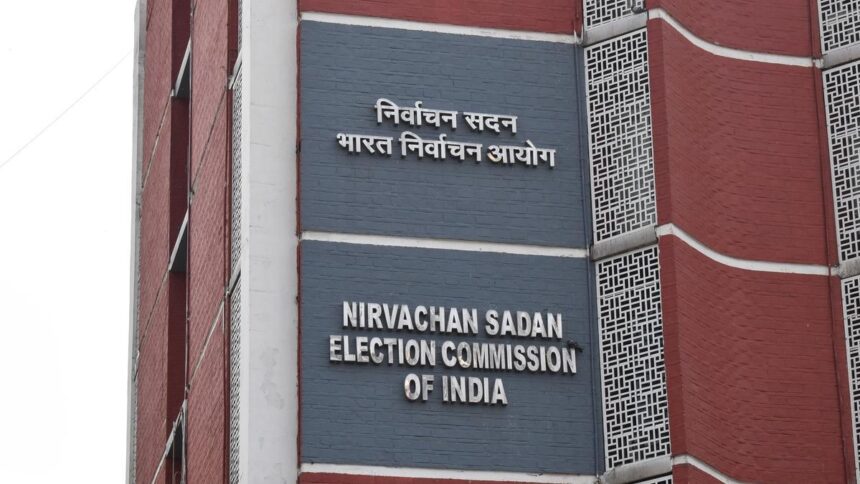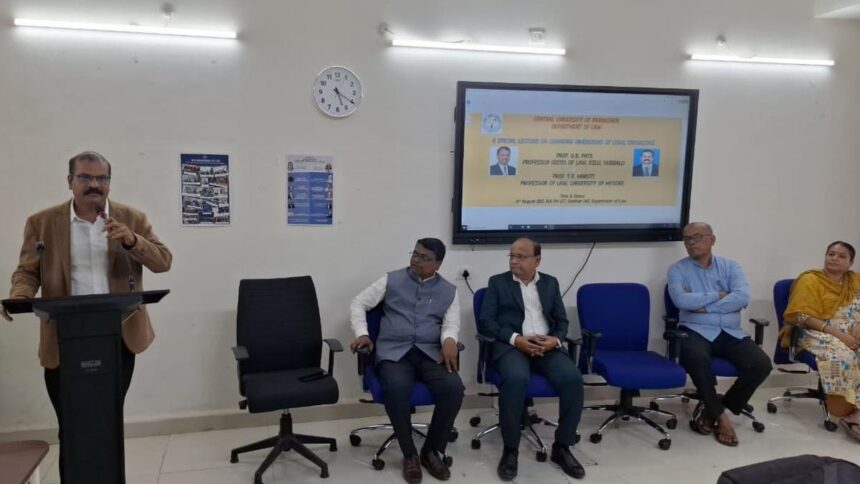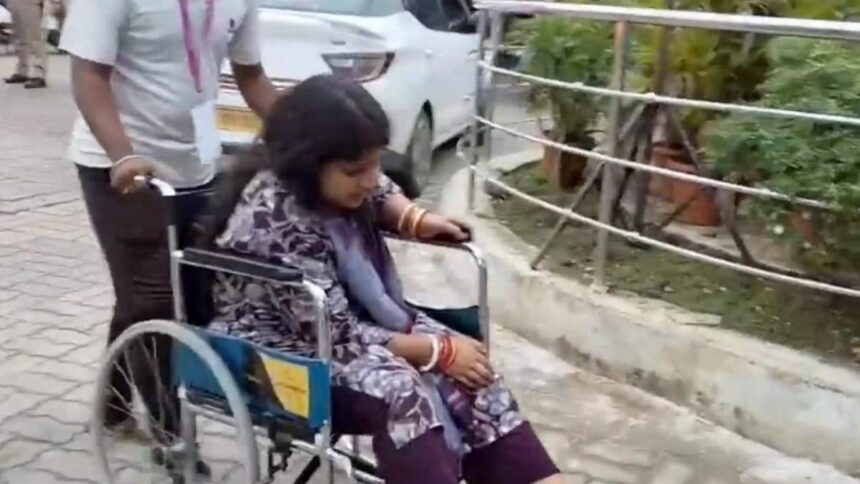
Tamil Nadu Finance Minister Thangam Thennarasu has said the The Tamil Nadu government bears an additional financial burden while implementing Centrally sponsored schemes as the Union government haas reduced its share of allocation over a period of time.
| Photo Credit: FILE PHOTO
A day before the GST Council meeting, the Tamil Nadu government on Tuesday reiterated its demand that the Union government protect the revenue receipts of Tamil Nadu, among other States, when it brought about the GST rationalisation.
“Our key demand is that they [the Union government] should protect our revenue receipts to the extent that there should be no revenue loss,” Finance Minister Thangam Thennarasu said.
Several programmes and projects were under way after the budgeted funds were allocated. “They are half-way through. …if there is any major revenue loss to us, it will affect the programmes in the State. Only on this basis that we have made our demands,” he said. Tamil Nadu has taken up several infrastructure as well as social welfare programmes.
Recalling the recent consultation of eight State governments, including Tamil Nadu, he said, “We are not against GST rationalisation. We welcome it. But the benefits should reach the consumer and end-user.” The Union government should protect the finances of the States like Tamil Nadu when it went about the process, he added.
Mr. Thennarasu, along with his Cabinet colleagues S.S. Sivasankar and Govi. Chezhiaan, spoke at a press conference at the Secretariat, elaborating on the status of the DMK’s 2021 election promises. Asked about the impact of the additional tariffs imposed by the U.S. government on Indian imports, Mr. Thennarasu said textile, leather, and gems were among the sectors that were significantly impacted.
“We have sought assistance from the Union government. It will have a huge impact on the textile industry in and around Tiruppur. Tamil Nadu will be at the receiving end. So, we have sought a special package from the Union government with duty drawback and import duty exemption, among others,” the Minister said. He recalled a recent discussion with the Union Finance Minister in this regard.
The Tamil Nadu government was forced to increasingly bear an additional financial burden while implementing Centrally sponsored schemes as the Union government was reducing its share of allocation over a period of time, Mr. Thennarasu said. He also reiterated that States like Tamil Nadu did not get justice from the successive Finance Commissions.
Recalling the times when he was the School Education Minister, Mr. Thennarasu pointed out that the Union-State share in the allocation for the Sarva Shiksha Abhiyan was 75:25, but it was eventually changed to 60:40. He cited other Centrally sponsored schemes such as Prime Minister Awas Yojana and Indira Gandhi National Old Age Pension Scheme. Over a period of time, the allocation from the Union government for such programmes had come down, he said.
“Who is bearing this burden? The State governments are forced to bear it. It is adding to the stress on the State finances,” Mr. Thennarasu said, adding that the State government had flagged the issue repeatedly. Tamil Nadu had not received justice from the successive Finance Commissions on the devolution of funds. It was being penalised with funds being devolved on the basis of population.
The Minister listed the achievements of the DMK government. The GSDP went up to 11.19%, the highest growth in the past 10 years. The revenue deficit, which was 3.49% in 2020-21, came down to 1.17% and the fiscal deficit dipped from 4.9% to 3%. The government made the achievements despite the impact of natural disasters and the non-receipt of funds from the Union government due to the State, and thanks to the leadership of Chief Minister M.K. Stalin, he contended.
Sanction orders were issued, or work was under way, or projects were completed in respect of 364 of the 505 electoral promises, he said. Besides, 40 projects were under the active consideration of the government. “A total of 404 of them are either implemented, or being implemented, or under the active consideration of the government.” A total of 37 projects were pending with the Union government and 64 projects had not been taken up for implementation, he said.
Published – September 02, 2025 05:53 pm IST



















